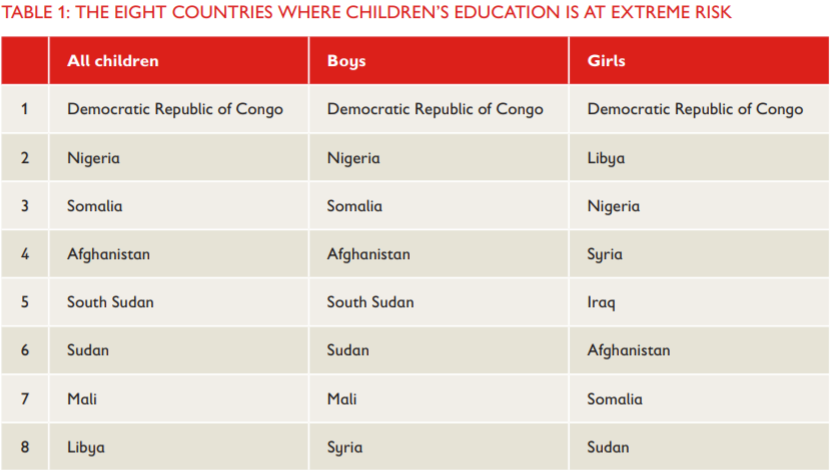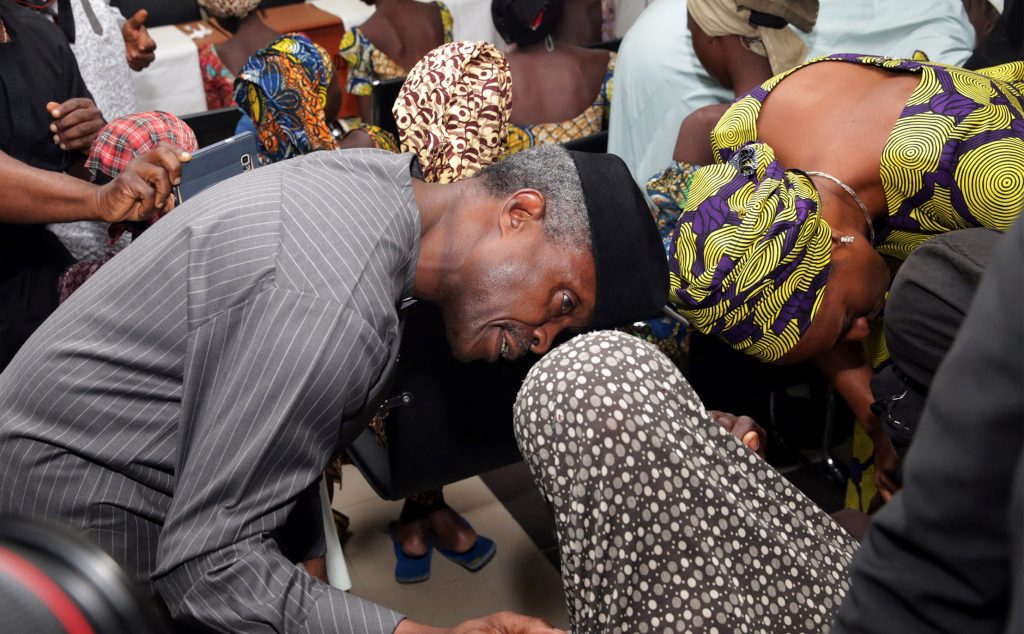In 2014, a sordid chapter was opened in Nigeria’s experience with insecurity and insurgency when Boko Haram terrorists claimed responsibility for the kidnap of about 276 schoolgirls from Government Girls Secondary School in Chibok, Borno State. A few months before that, 59 boys were killed in an attack on the Federal Government College in Buni Yadi, Yobe State. Six years later, schools and their students have become prime targets for insurgents, bandits, and kidnappers across the country, leaving ominous dark clouds hanging over the nation’s education sector and future.
At least 1,409 students have been kidnapped from their schools in Nigeria since March 2020, according to an analysis by geopolitical research firm SBM Intelligence. The report also states that about ₦220 million has been paid as ransoms to secure the release of the students. Between December 2020 to March 2021, more than four thousand schools were closed in Northern states including Kano, Jigawa, Katsina, Yobe, Niger, Zamfara, Sokoto and Benue due to the threats of insurgency and kidnapping. With the spate of students kidnapping by terrorists and bandits, hundreds of children are shut out from school due to fear for their life or the government’s decision to close schools down.

Every year, more than 1 million students compete for admissions into one of Nigeria’s 344 tertiary institutions. At least half of them are denied that opportunity every year due to the limited number of slots available. At the primary school level, more than 10 million school-age children in Nigeria were attending school in 2018, according to data from the education ministry. With no widespread digital infrastructure for online learning, school closures due to the COVID-19 pandemic means even more students are without access to education.
In the places where schools are open and students are learning against all odds, the spate of insecurity and kidnapping poses a significant threat that policymakers cannot afford to ignore. A total collapse of the educational system in Nigeria has become an unthinkable possibility, if urgent measures are not taken to stem the tide of violence that students are being exposed to, and the attendant economic loss that face parents who are being forced to part with millions of Naira in ransom payments.
Education should not come at the cost of lives. But, without an improvement in the security infrastructure the likelihood is that more pupils and students will be withdrawn from schools as a safety precaution. But these pupils, mandated to stay at home to avoid danger, are thrown out of the chance at life, too. For a country plagued with an unprecedented number of out-of-school children, and low literacy rate, the dangers ahead are clear.
Along with illiteracy, the classic enforcer of regression comes a lack of human resources to power economic growth. With dwindling oil revenue, Nigeria’s best shot at sustainable development and hope consistent economic growth is in a talented and skilled young populace. Without education however, the hope becomes a mirage, and the dreams of a brighter future morphs into a nightmare of poverty and insecurity. More than 80 million Nigerians presently live below the poverty line and without 21st-century skills, a growing population becomes an economic burden.
In May 2021, Joy Bishara, Lydia Pogu, and Zion Faye graduated from universities in the United States, seven years after they jumped from a moving truck to escape from Boko Haram captors. Some of their classmates taken that night in Chibok have also escaped or released, some are believed to have died, and at least 100 are still missing.
Pèlúmi Sàlàkọ́ writes from North Central, Nigeria where he presently studies for a Bachelor of Arts in History and International Studies.




